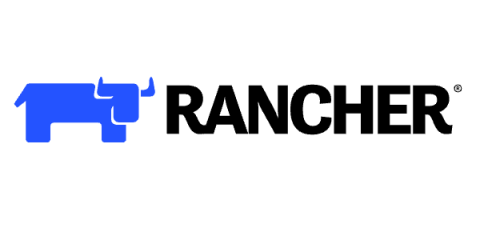Operations | Monitoring | ITSM | DevOps | Cloud
Rancher
How does an Open-Source Board work?
Rancher Desktop Global Online Meetup 2022
Scale Your Infrastructure with Cloud Native Technology
When business is growing rapidly, the necessity to scale the processes is obvious. If your initial infrastructure hasn’t been thought through with scalability in mind, growing your infrastructure may be quite painful. The common tactic, in this case, is to transition to cloud native architecture. In this post, we will talk about what you need to know when you’re scaling up with the cloud so that you can weigh the pros and cons and make an informed decision.
Stupid Simple Service Mesh in Kubernetes
We covered the what, when and why of Service Mesh in a previous post. Now I’d like to talk about why they are critical in Kubernetes. To understand the importance of using service meshes when working with microservices-based applications, let’s start with a story. Suppose that you are working on a big microservices-based banking application, where any mistake can have serious impacts. One day the development team receives a feature request to add a rating functionality to the application.
Rancher Desktop GA Go Live
Global Online Meetup - January 2022 - SUSE's Cloud Native Security Roadmap 2022
Rancher Desktop 1.0.0 Has Arrived
We are happy to announce the 1.0.0 release of Rancher Desktop. This release has been months in the making since development on Rancher Desktop began. After starting small and learning what users needed, we were able to adjust its path and develop the features needed for a 1.0.0 stable community release. But wait – what is Rancher Desktop again? It’s an open source app for desktop Kubernetes and container management on Mac, Windows and Linux.
Harvester Global Online Meetup 2022
My First Impressions with SUSE Rancher Kubernetes Projects
I recently started working at SUSE. Before joining SUSE, my Kubernetes experience included vanilla Kubernetes, AKS and EKS but mostly OpenShift and Red Hat Advanced Cluster Management. I worked in technical pre-sales, so I knew about Rancher, K3s and RKE and their key features but I never spent time with them. When I joined SUSE, I started testing Rancher, Rancher Desktop, K3s, k3d and RKE2 and I had a great time with them. First things first, I will











